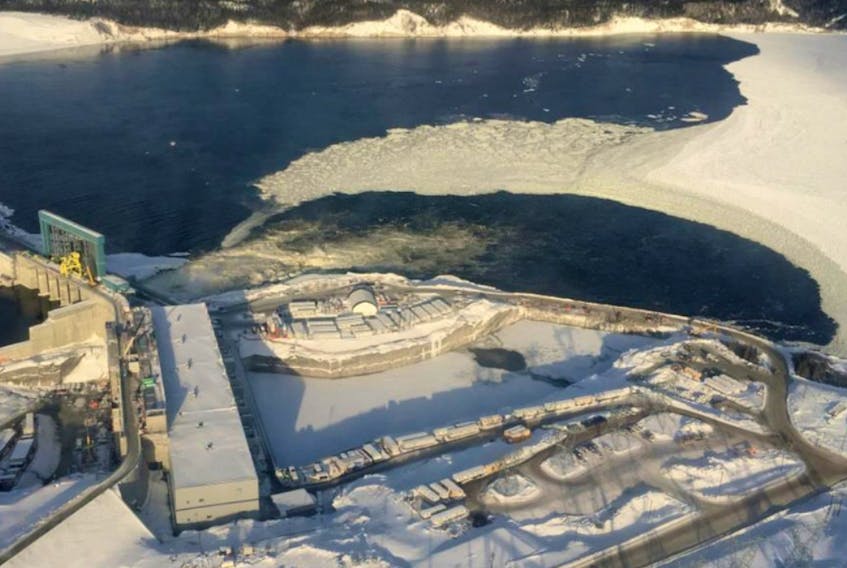ST. JOHN'S, N.L. — Progressive Conservative Leader Ches Crosbie says he's pleased to see the House of Assembly direct the auditor general investigate the bungling of wetland capping at the Muskrat Falls reservoir.
Crosbie wrote a letter to the Public Accounts Committee in August with a request to investigate what led to a failure by the provincial government to cap the wetlands at the Muskrat Falls reservoir.
The Independent Expert Advisory Committee established in 2016 had agreed that capping wetlands near the Muskrat Falls reservoir should go ahead to help mitigate the effects of methylmercury in the reservoir. The government had committed $30 million to the project. Nalcor Energy had amended a permit to allow the wetland capping to take place, but then-Environment Minister Andrew Parsons failed to give the directive to have the wetlands capped.
The $30 million allotted for the capping was instead divided up and offered to three indigenous groups. The NunatuKavut Community Council and Innu Nation took the money, but the Nunatisavut government still has not accepted the money.
The Public Accounts Committee is comprised of PCs Kevin Parsons (chair) and Tony Wakeham; Liberals Derrick Bragg, Pam Parsons, Scott Reid, and Sarah Stoodley; and NDP MHA Jim Dinn. The committee voted unanimously to direct Auditor General Julia Mullaley to investigate what led to the failure. The vote was only a directive. Mullaley has not yet clarified whether an investigation will follow the vote.
"There's a great mystery which the government has done little or nothing to shed light on as to how they could enter a process which took years, the process by which the government agreed with indigenous groups to get protesters off the worksite of the Muskrat Falls dam. It was entered into in good faith. There was scientific personnel on it, as well as community representation," he said.
"They arrive at a conclusion that was acceptable to all, which was the wetland capping part to minimize the contamination of Lake Melville by methylmercury. Everyone thought that was agreed to, signed, sealed and delivered."
Muskrat Falls Inquiry Commissioner Richard LeBlanc said during hearings he was "confounded" by the failure, and noted a lack of explanation as to precisely why the wetlands were not capped by the government.
In a release, Nunatsiavut President Johannes Lampe says his government is encouraged by the move toward investigation.
"We have always maintained that the province had no intention whatsoever to cap the wetlands, despite setting aside up to $30 million to do so,” Lampe stated in a news release.
“All we were told is that time simply ran out, that doing the work would have had a negligible impact on methylmercury production in the reservoir and the Lake Melville ecosystem. We have never accepted those claims. We still maintain the work could have been done prior to impoundment, and that the claim suggesting capping would have only prevented just a two per cent rise in methylmercury is unfounded and incorrect.”









